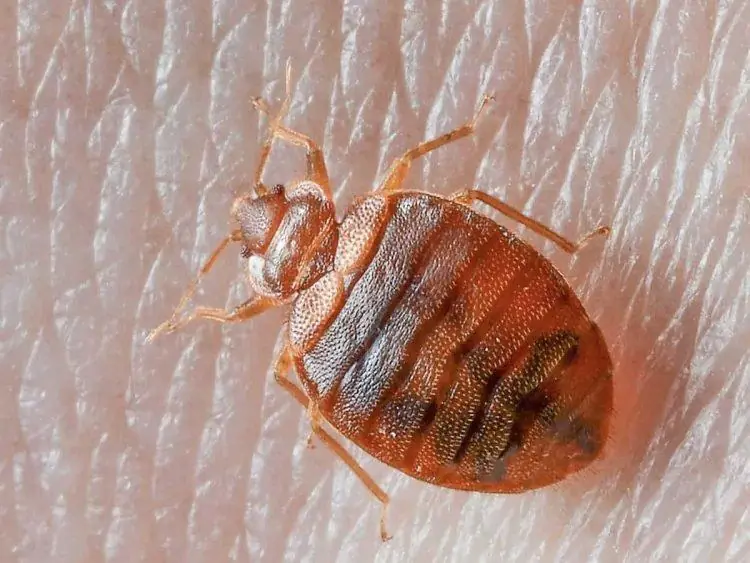
How to Plant a Mango Seed and Successfully Grow
Mangoes are delicious, tropical fruits that many people love. Not only are they tasty, but they also have a unique and rich history, having been grown in South Asia for thousands of years. If you’ve ever eaten a mango and thought about planting its seed to grow your very own mango tree, this article is for you. We will guide you step-by-step on how to plant a mango seed and nurture it into a flourishing tree.
1. Choosing the Right Mango Seed

Selecting the Variety:
Different varieties of mangoes have unique flavors, appearances, and growth habits. Research different types and choose a variety that is well-suited to your local climate and your personal taste preferences.

Using Fresh Seeds:
After eating a mango, take the seed from the center. It’s important to use a fresh seed as they have a higher germination rate than older, dried out seeds.
2. Preparing the Mango Seed
Cleaning the Seed:
Remove any remaining fruit flesh from the seed. Rinse it gently under running water to get rid of any sticky residue.

Drying:
Pat the seed dry with a paper towel. Leave it in a warm, dry place for a day or two.

Opening the Husk:

Mango seeds are encased in a hard husk. Carefully use a sharp knife to pry the husk open without damaging the seed inside. The inner seed should look a bit like a large lima bean.

3. Germination Process
The Wet Paper Towel Method:

- Wet a paper towel, ensuring it’s damp but not dripping.
- Place the mango seed on the paper towel and fold the towel over it.
- Put the wrapped seed inside a plastic bag or a container, leaving some air inside.

- Place it in a warm location, like the top of your fridge or a warm windowsill.
- Check every few days for sprouting, which can take anywhere from one to three weeks.

Direct Soil Method:
- Fill a pot with a good-quality potting mix.
- Plant the seed about 2 inches deep, with the hump side up.
- Water thoroughly and place in a warm location.
- Keep the soil moist, but not waterlogged.

4. Transplanting the Sprouted Seed
Once your seed has sprouted and the roots are a couple of inches long, it’s time to transplant it to a bigger pot or directly into the ground, depending on your climate.

Pot Transplanting:
- Fill a larger pot with potting mix.
- Dig a small hole and place the sprouted seed inside, gently covering with soil.
- Water the plant and place it in a sunny location.

Ground Transplanting:
- Choose a sunny location in your garden.
- Dig a hole that’s twice the size of the seed’s root ball.
- Place the sprouted seed inside and fill with soil.
- Water thoroughly.
5. Mango Tree Care
Watering:
Young mango trees should be watered regularly but ensure the soil drains well to prevent root rot.
Fertilizing:
Mango trees benefit from regular fertilization. Use a balanced, slow-release fertilizer with micronutrients, particularly during the tree’s growing season.

Pruning:
In the first two years, prune the tree lightly to encourage a strong, branching structure. Afterward, annual pruning to remove dead or diseased wood will keep the tree healthy.
Pest and Disease Control:
Mango trees can be susceptible to various pests and diseases. Regularly check for signs of infection and treat as necessary.

6. Harvesting Your Mangoes
Maturation:
Mango trees can take anywhere from 4 to 6 years to bear fruit, depending on the variety and growing conditions.
Harvest Time:
Mangoes are ready to harvest when they give off a fruity aroma at their stem ends and yield slightly to gentle pressure.

Storing:
Freshly harvested mangoes can be stored at room temperature until they ripen. Once ripe, they can be refrigerated for up to a week.
Planting and caring for a mango tree can be a rewarding experience, resulting in years of delicious fruit harvests. With the right care, attention, and patience, your mango seed can grow into a flourishing tree, bringing tropical beauty to your garden and juicy mangoes to your table. Start with a fresh seed, provide it with the necessary care and conditions for growth, and watch it thrive.
News in the same category

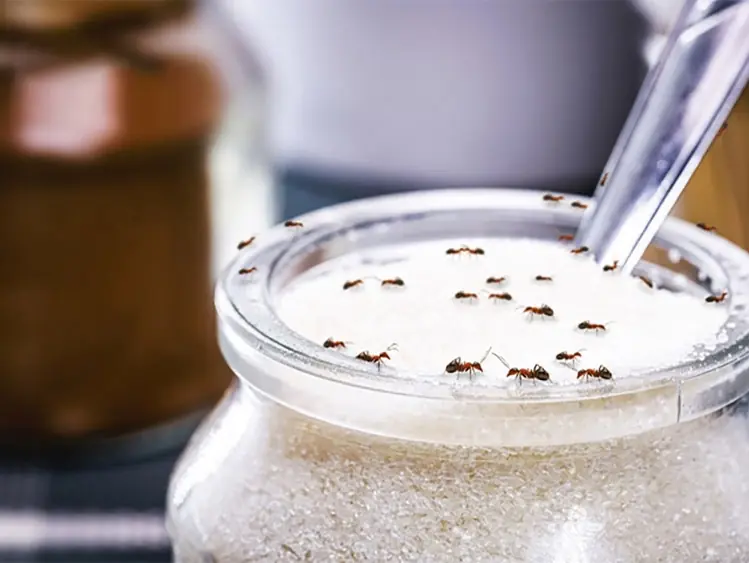
Tips to Quickly Get Ants Out of Sugar Jars and Keep Them Away for Good
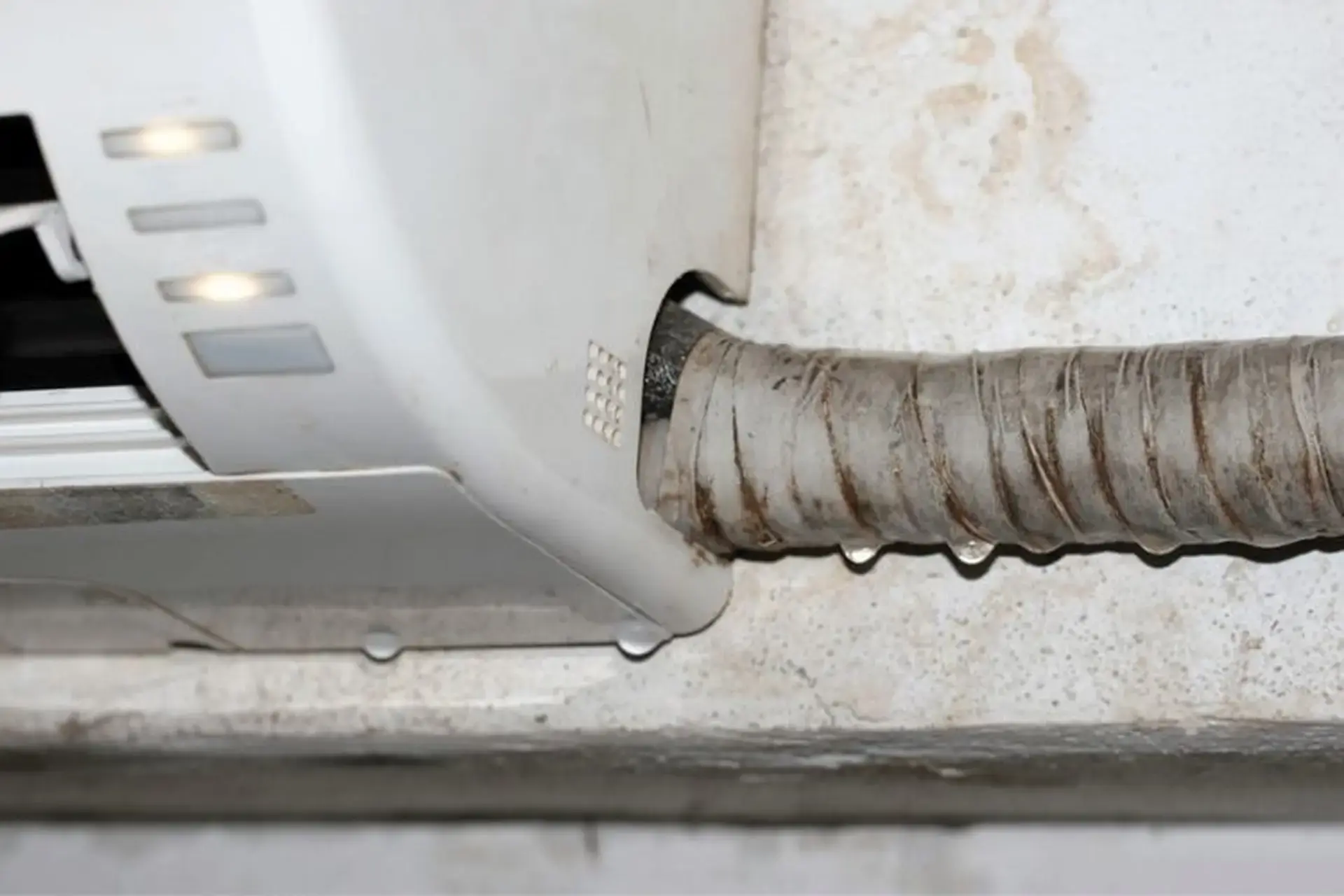
Common causes of water leaks from air conditioners and how to fix them.

Keep Ginger Fresh and Intact for a Long Time With This Simple Trick
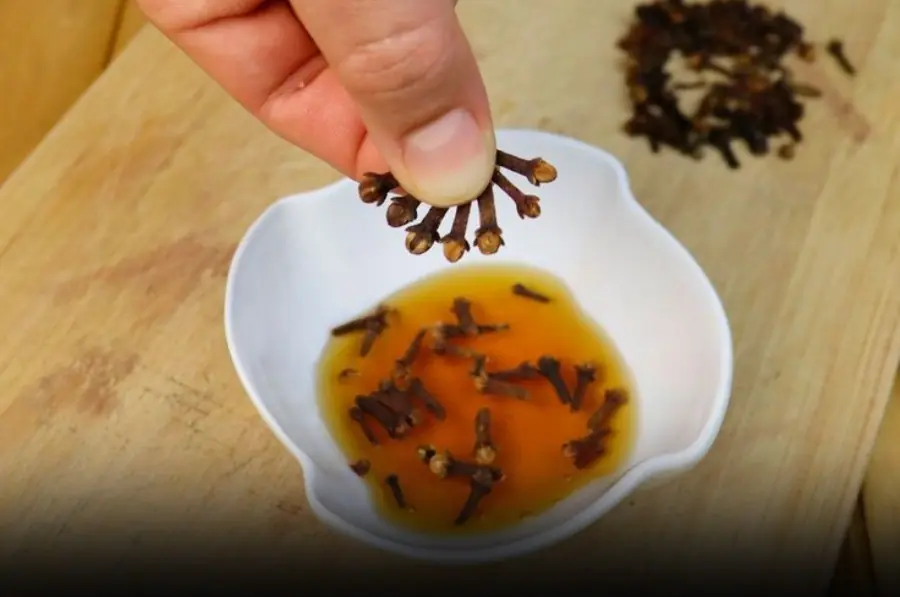
Mix cloves, honey, and cinnamon and you will thank me! This is my grandmother's secret...

Experts Warn: Never Unplug These 7 Household Devices — You Won’t Save Money, and It Could Cause Even More Harm

A 3-Year-Old Boy Nearly Blinded by 502 Super Glue

Simple hack to remove mold from bathroom grout using just 2 common ingredients - Better than bleach!

Smart people unplug the TV when checking into a hotel - Knowing why you will do it immediately
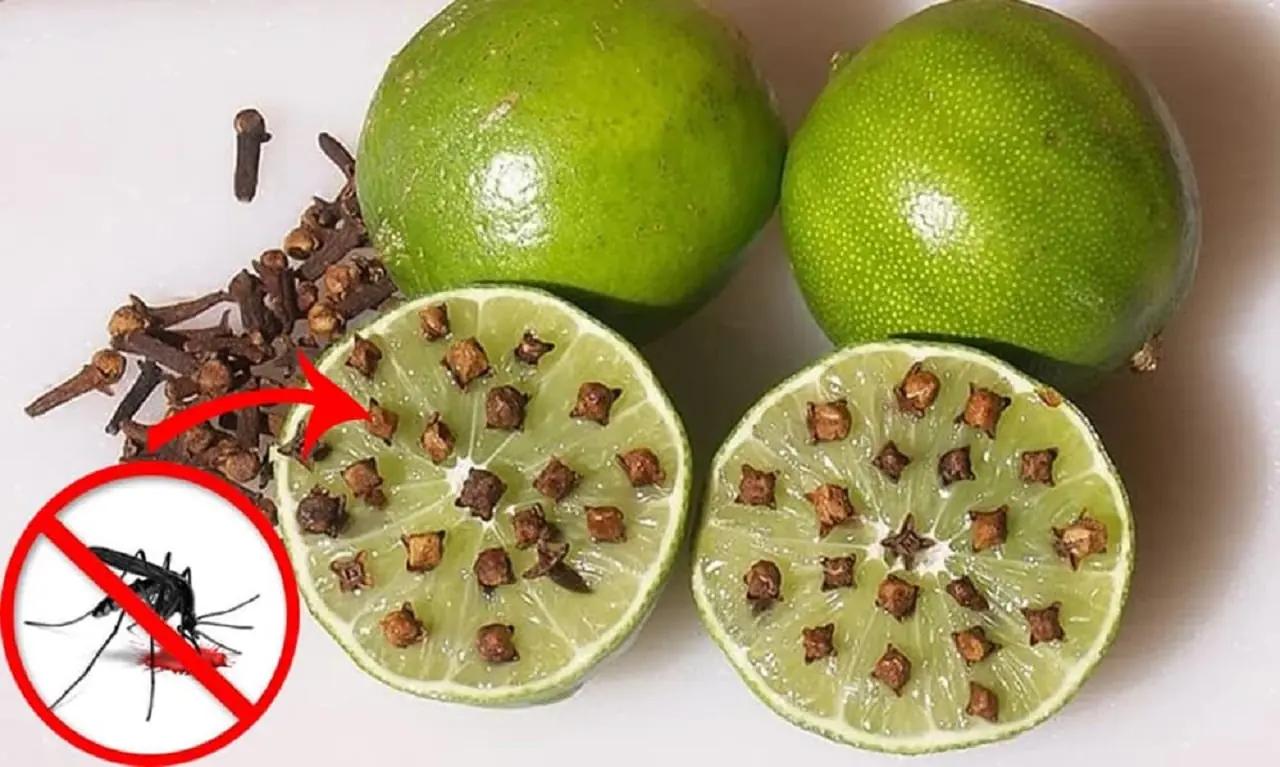
Don’t Throw Away Lemon Peels: Smart, Natural Ways to Clean and Freshen Your Home

Why smart travelers always unplug the hotel TV when they arrive?

When bit.ten by a snake, you should do these things first

This Button on Your Car Key Is Something 90% of Owners Have Never Used — Yet It Could Save Your Life in an Emergency

Health Experts Warn: This Common Fruit Contains the Highest Pesticide Residue and Should Be Avoided If Not Properly Washed

Three Subtle Signs Women Can Check to Detect Possible Infidelity, Relationship Experts Say
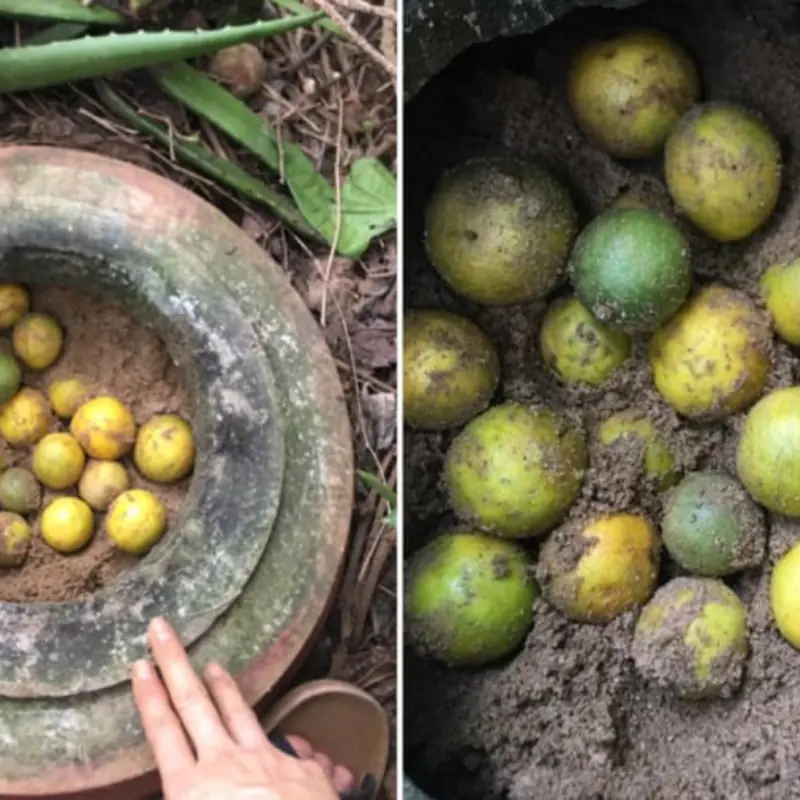
Stop Putting Lemons Straight Into the Fridge: Use This Simple Trick to Keep Them Fresh for Up to a Year
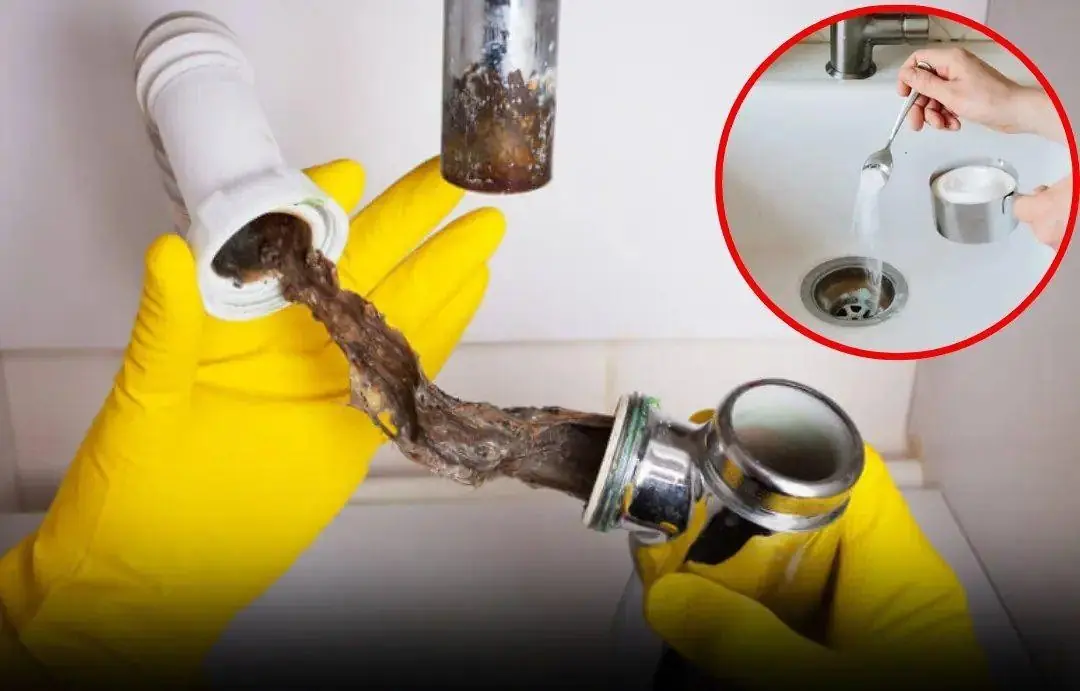
Simple tips to deal with clogged pipes at home
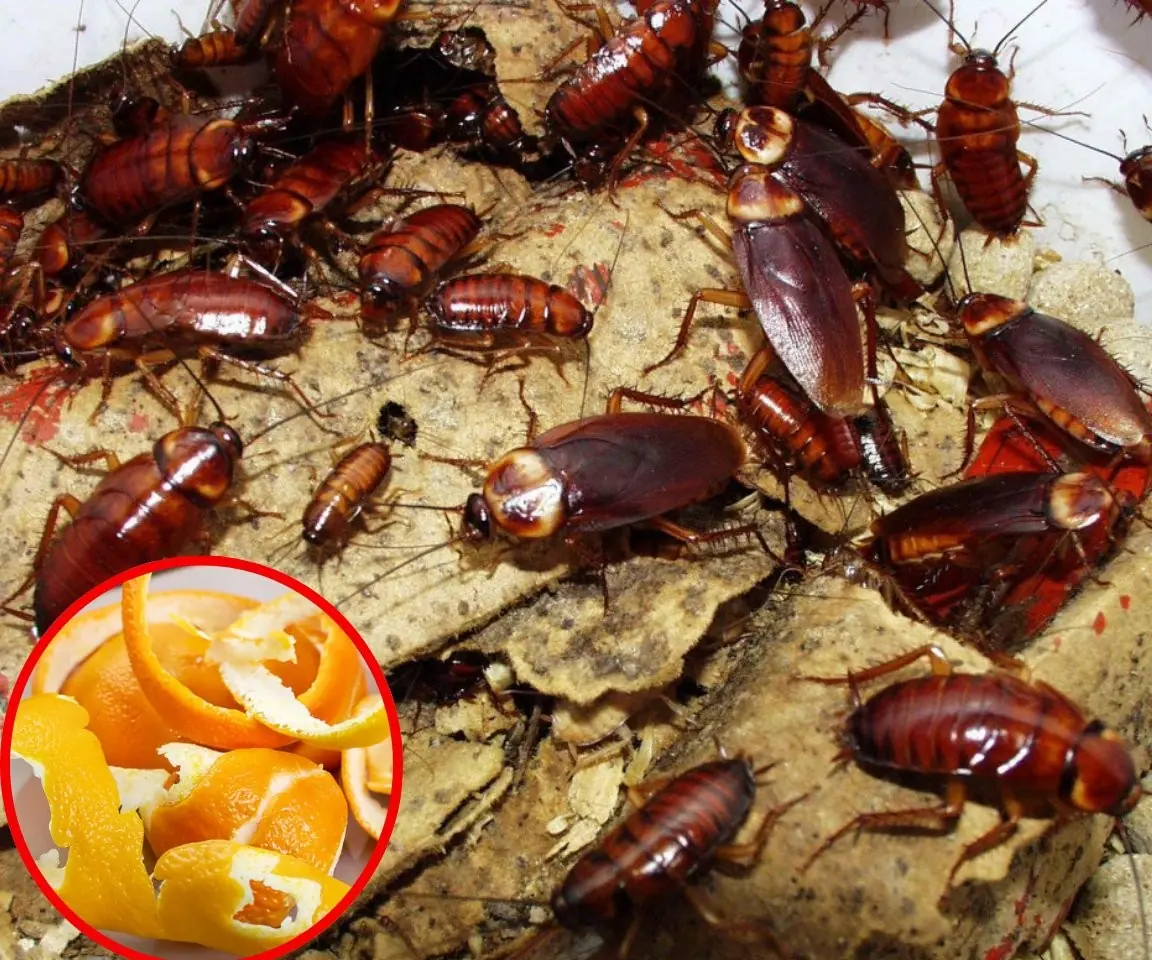
To get rid of cockroaches, you can use several natural ingredients commonly found at home.

Sprinkle One Spoonful of This When Frying Fish: Perfect Golden Crisp, Even Cooking, and No More Sticking to the Pan
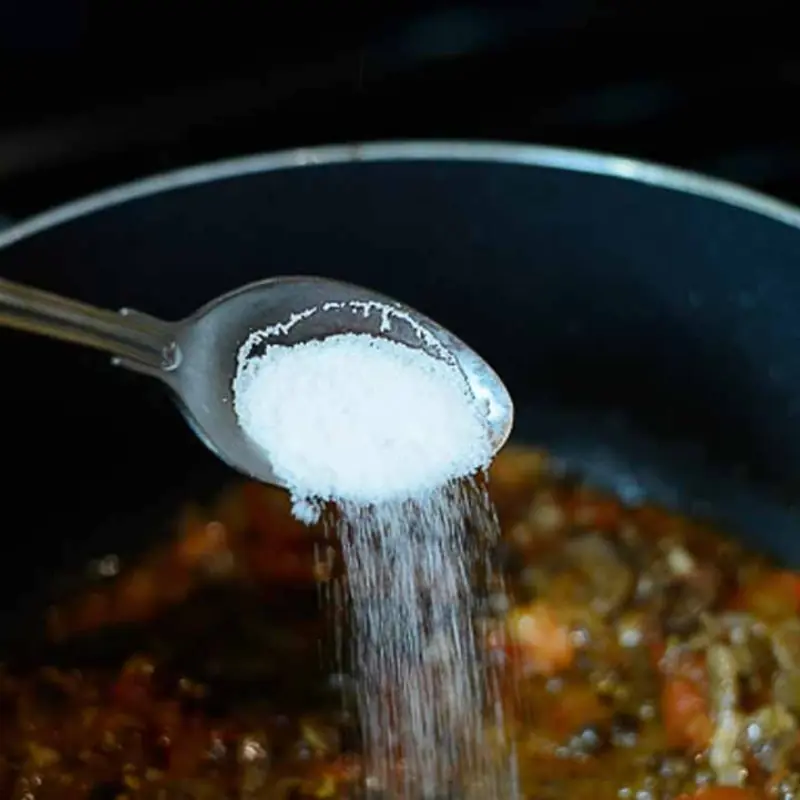
Added Too Much Salt While Cooking? Don’t Add Water — Use This Ingredient to Balance the Flavor
News Post
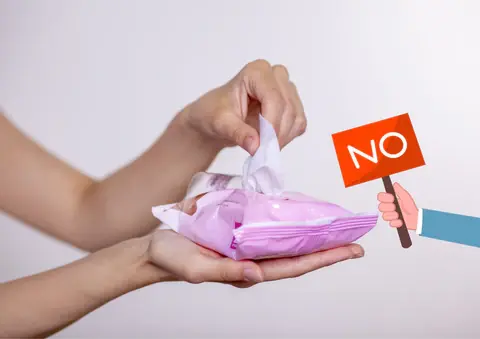
Why You Should Avoid Using Wet Wipes For Intimate Hygiene: An Expert Sheds Light
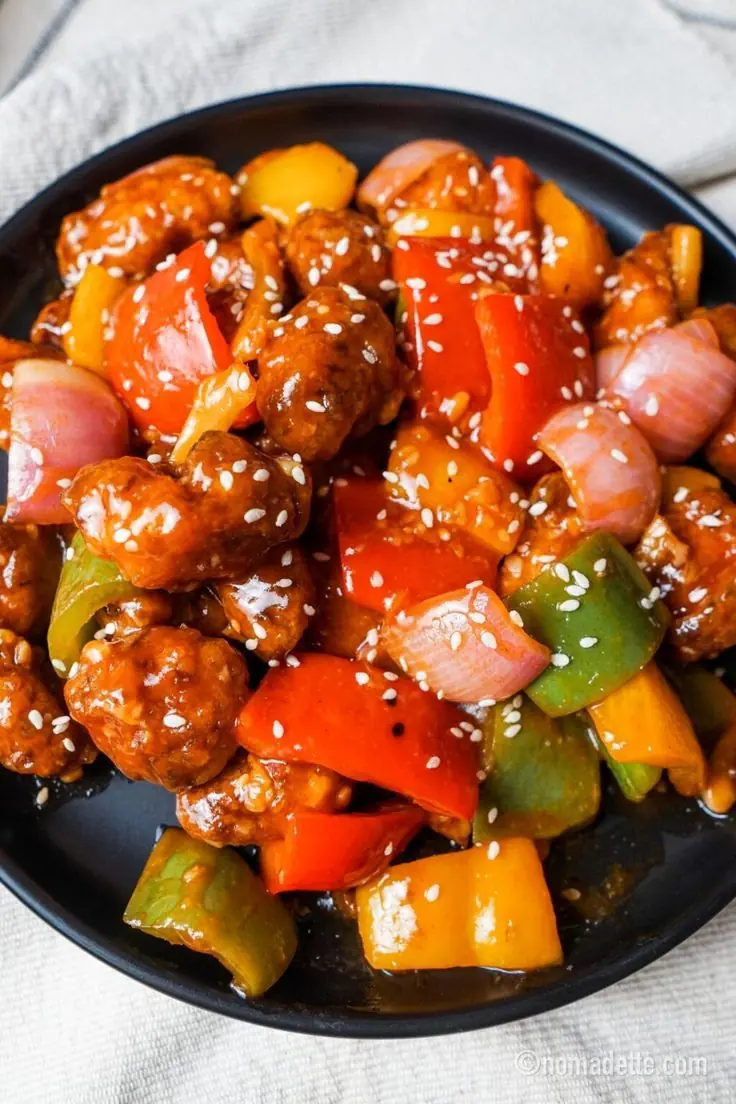
Sweet & Sour Chicken with Bell Peppers

Eat 4 foods on an empty stomach in the morning to help clean the intestines, improve digestion, and prevent can.cer

Natural Pest Control: Using Diatomaceous Earth and Cloves Against Bed Bugs and More
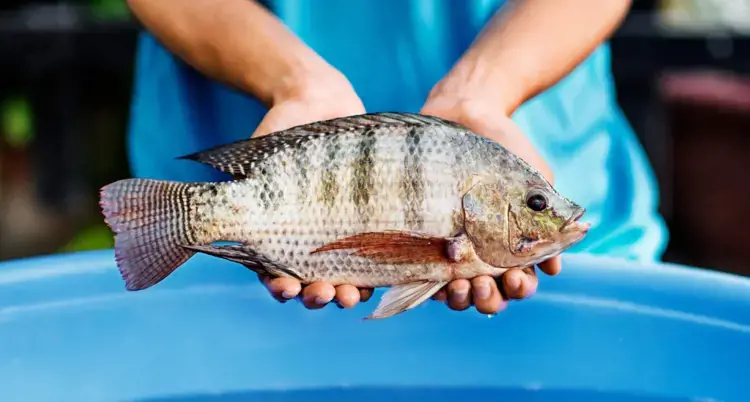
Why should you stop eating tilapia right now? What you need to know before your next meal?

Noticing brown spots in your eyes? These causes may surprise you — and the solutions are simple

This is Why You Always Wake Up in the MIDDLE of the Night
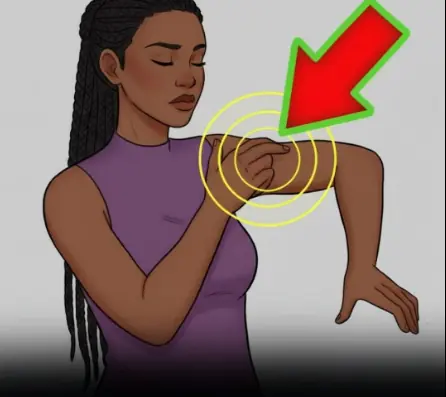
Mini Stroke in People Over 40

Tiny White Pimples on Your Face? Here’s What Causes Them—and How to Get Rid of Them

New Research Suggests Daytime Naps May Slow Brain Aging by Up to 6.5 Years
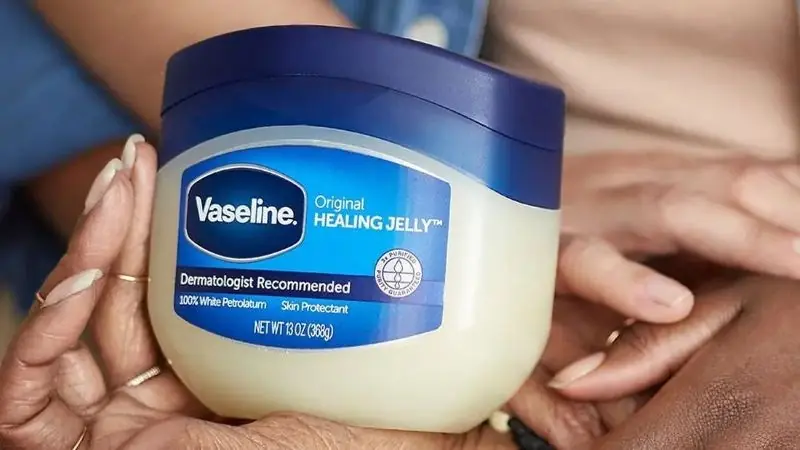
Can You Really Use Vaseline on Your Face? Exploring the Benefits and Risks Most People Don’t Know

Tips to Quickly Get Ants Out of Sugar Jars and Keep Them Away for Good
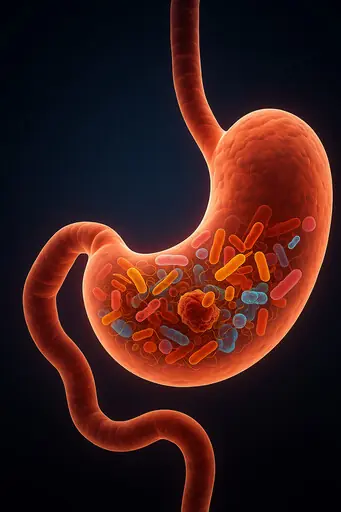
Countless People Are Enduring Painful Stomach Ulcers — All Linked to Poor Eating Habits!

More People Are Suffering From Gout—Avoid These Foods to Prevent Flare-Ups

Common causes of water leaks from air conditioners and how to fix them.

The hidden dan.gers of con.taminated pork that many people are unknowingly exposing themselves to

Beware of diabetes if you frequently experience these 5 strange symptoms

A Conflict Between Home and Family: The Tale of Marina and Her Mother-in-Law

Cheesy Spinach Stuffed Chicken Breasts
